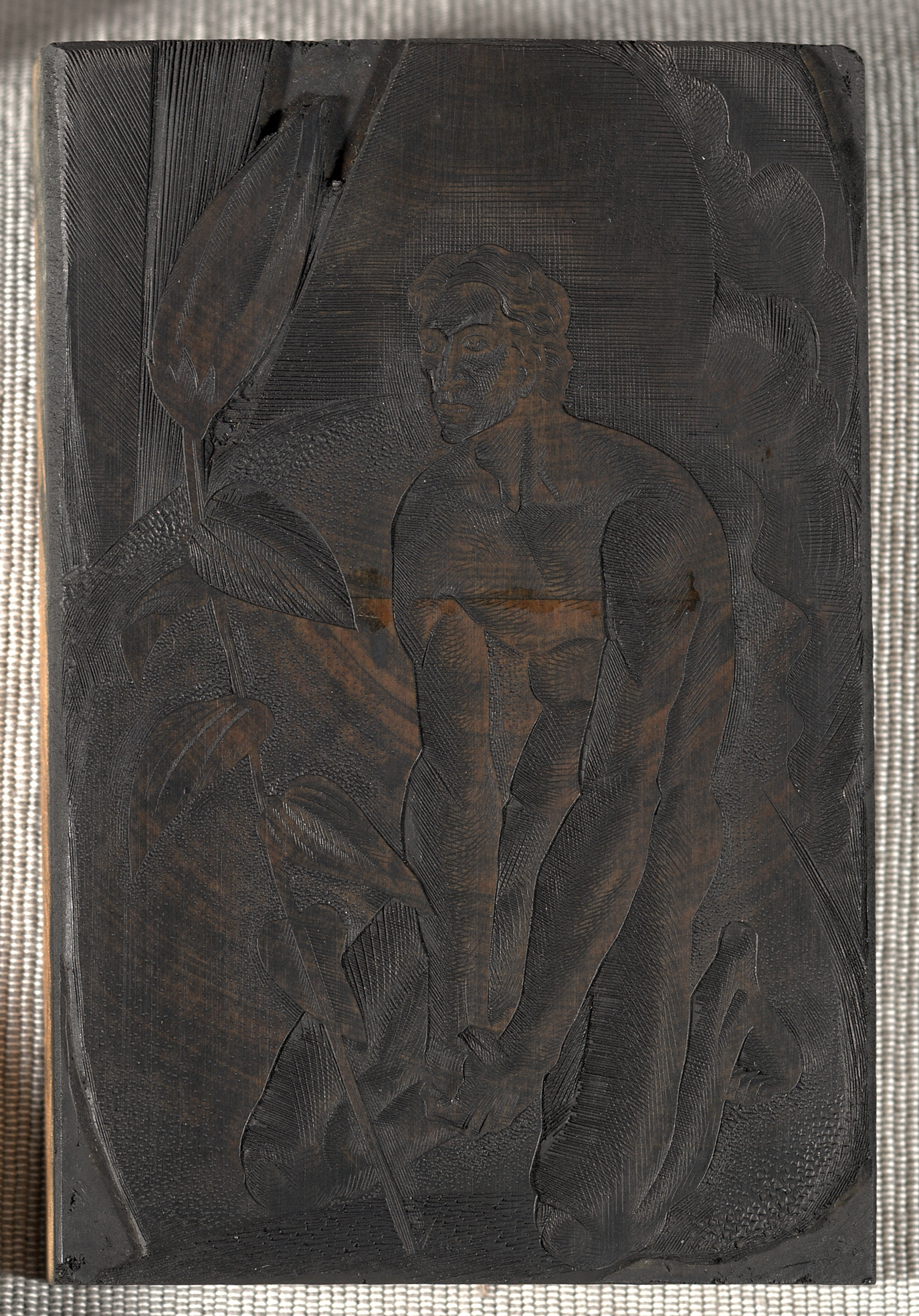|
Vertigo (wordless Novel)
''Vertigo'' is a wordless novel by American artist Lynd Ward (1905–1985), published in 1937. In three intertwining parts, the story tells of the effects the Great Depression has on the lives of an elderly industrialist and a young man and woman. Considered his masterpiece, Ward uses the work to express the socialist sympathies of his upbringing; he aimed to present what he called "impersonal social forces" by depicting the individuals whose actions are responsible for those forces. The work is filled with symbolic motifs, and is in a more detailed and realistic style than Ward's Expressionism, Expressionistic earlier works. The images—one to a page—are borderless and of varied dimensions. At 230 wood engravings ''Vertigo'' was Ward's longest and most complex wordless novel, and proved to be the last he finished—in 1940 he abandoned one he was working on, and in the last years of his life began another that he never finished. For the remainder of his career Ward tur ... [...More Info...] [...Related Items...] OR: [Wikipedia] [Google] [Baidu] |
Lynd Ward (1937) Vertigo - Rain At Fair
Lynd Kendall Ward (June 26, 1905 – June 28, 1985) was an American artist and novelist, known for his series of wordless novels using wood engraving, and his illustrations for juvenile and adult books. His wordless novels have influenced the development of the graphic novel. Although strongly associated with his wood engravings, he also worked in watercolor, oil, brush and ink, lithography and mezzotint. Ward was a son of Methodist minister, political organizer and radical social activist Harry F. Ward, the first chairman of the American Civil Liberties Union on its founding in 1920. His best-known books are ''Gods' Man'' and his Caldecott Award, Caldecott-winning children's story, ''The Biggest Bear''. Early life Ward was born on June 26, 1905, in Chicago, Illinois. His father, Harry F. Ward, was born in Chiswick, England, in 1873; the elder Ward was a Methodism, Methodist who moved to the United States in 1891 after reading the Progressivism in the United States, pro ... [...More Info...] [...Related Items...] OR: [Wikipedia] [Google] [Baidu] |
.jpg)
